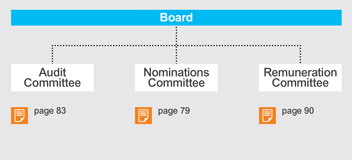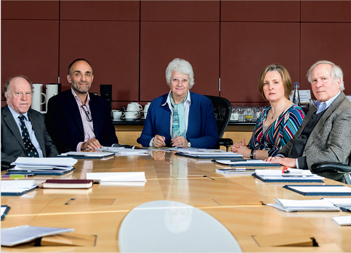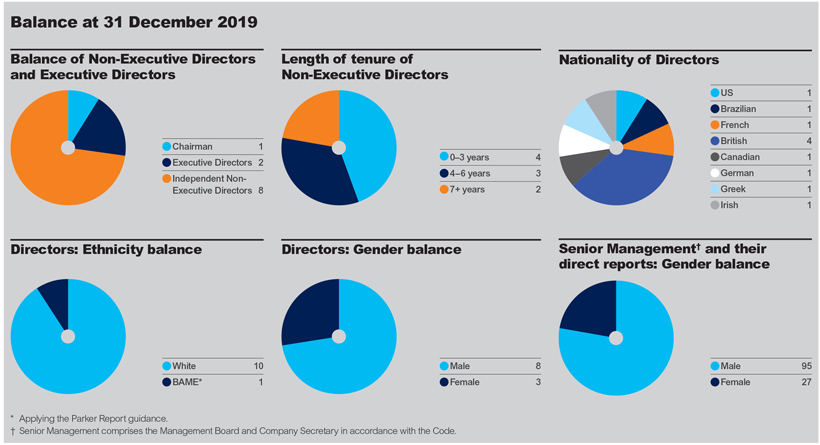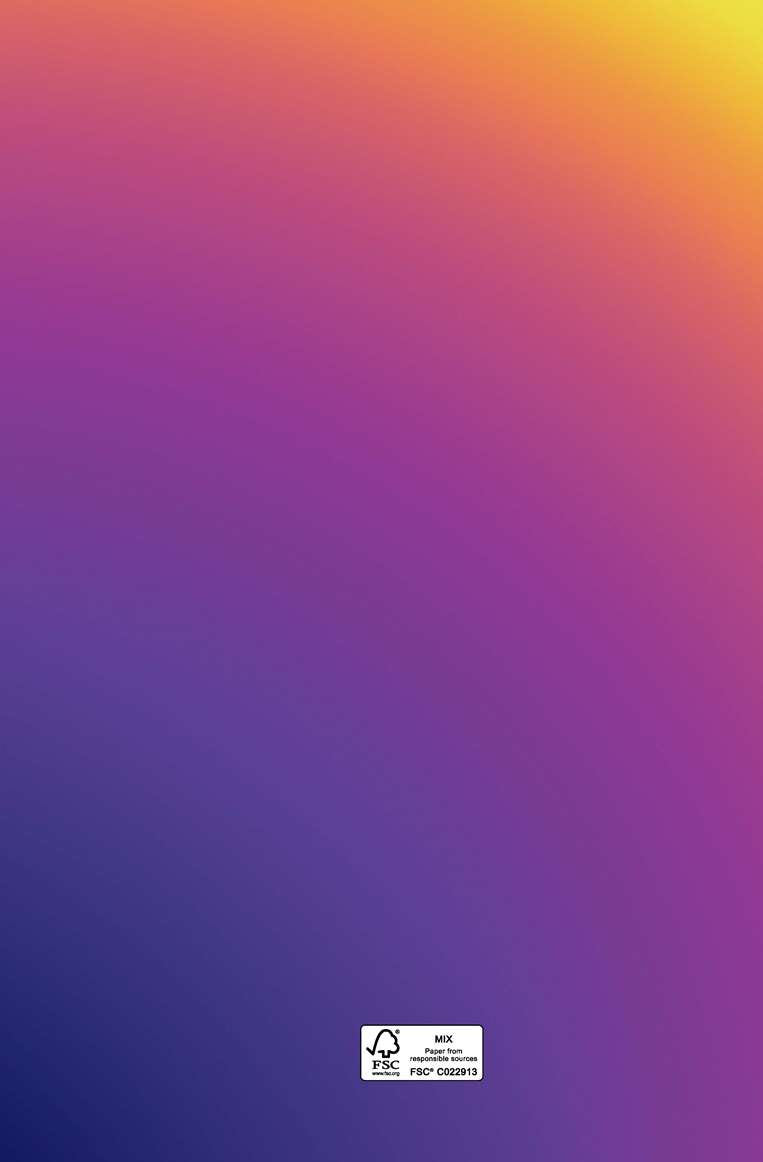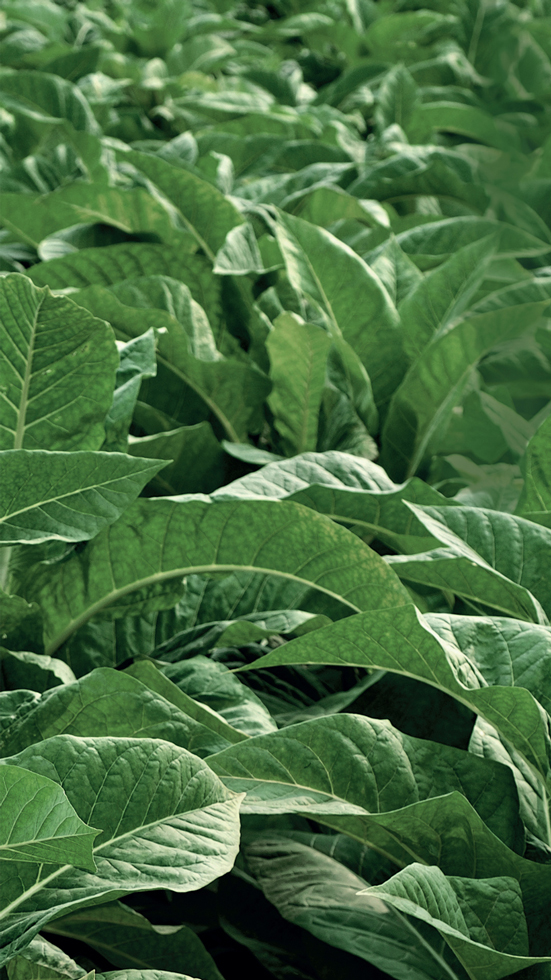REGULATION OF THE GROUP’S BUSINESS
CONTINUED
Single-use plastics
The Single Use Plastics Directive (EU) 2019/904 (the SUP Directive) entered into force on 02 July 2019. The Directive requires that EU Member States introduce Extended Producer Responsibility (EPR) schemes covering the cost to clean up litter and the application ofon-pack marking requirements for tobacco product filters. Member States must transpose the SUP Directive into national law by 3 July 2021, with an implementation deadline of 5 January 2023.
Other governments have passed or are considering similar legislation including Russia, South Korea and various levels of government in the United States.
Restrictions on smoking in private, public and work places
The Group operates in a number of markets which have in place restrictions on smoking in certain private, public and work places, including restaurants, bars and nightclubs. While these restrictions vary in scope and severity, extensive public and work place smoking bans have been enacted in markets including the US, Canada, the UK, Spain, New Zealand and Australia. Restrictions on smoking in private have also been adopted or proposed, and typically take the form of prohibitions on smoking in cars or residential homes when children are present, or smoking within a certain distance from specified public places (such as primary schools).
Regulation of ingredients, including flavoured tobacco products
A number of countries have restricted and others are seeking to restrict or ban the use of certain flavours or ingredients in cigarettes and other tobacco products, on the basis that such products are alleged to appeal disproportionally to minors, act as a catalyst for young people taking up smoking and/or increase the addictiveness or toxicity of the relevant product.
In Canada, the manufacture and sale of cigarettes, little cigars and blunt wraps with characterising flavours are banned, and a federal menthol ban for cigarettes is in effect across the country. In Australia, the majority of the states have banned flavours in cigarettes that give an ‘overtly’ fruit-flavoured taste and the government is reportedly considering further regulatory options. The TPD2 similarly bans the manufacture and sale of cigarettes androll-your-own tobacco with a characterising flavour other than tobacco, subject to an exemption until May 2020 for menthol cigarettes.
An ingredients ban in Brazil, which would ban the use of certain ingredients with flavouring or aromatic properties, including menthol, is not currently in force due to ongoing legal challenges. In Turkey, a ban on the use of menthol in cigarettes has been fully implemented as of 5 January 2020. A number of the above regulations are subject to ongoing legal challenges. (See ‘The US’ for information pertaining to the regulation of menthol in that market).
Further legislation on ingredients is to be expected. In particular, the EU Commission is required to prepare a report by no later than 20 May 2021 in respect of, among other things, the benefits of establishing a single list of permitted ingredients at the EU level by reference to available scientific evidence on the toxic and addictive effects of different ingredients. Similarly, the Conference of Parties to the FCTC has tasked a working group to further elaborate the partial guidelines on the regulation of the contents of tobacco products and tobacco product disclosures.
Plain and standardised packaging
Plain (or ‘standardised’) packaging generally refers to a ban on the use of trademarks, logos and colours on packaging other than the use of a single colour and the presentation of brand name and variant in a specified font and location(s). The presentation of individual cigarettes may be similarly restricted.
Plain packaging is high on the agenda of tobacco control groups, and the FCTC guidelines recommend that contracting parties consider introducing plain packaging. To date, 19 countries (including Australia, Belgium, Canada, France, Ireland, New Zealand, Saudi Arabia, Singapore, Turkey, and the UK) have adopted plain packaging legislation, although in the majority of those countries the legislation has not yet been fully implemented. Countries, territories and states that are currently considering adopting plain packaging legislation include, but are not limited to, Brazil, Chile, Denmark, the Netherlands, and South Africa. Others, such as South Korea, are considering implementing large graphic health warnings.
Product display bans at point of sale and licensing regimes
Product display bans at point of sale and licensing regimes have been in place in a number of countries for several years and have been implemented both at national and state levels. Ireland was the first EU member state to introduce apoint-of-sale display ban, which became effective in July 2009, with Norway, Iceland, Finland, New Zealand, Thailand, Canada, Australia, the UK and a number of other countries implementing or passing similar legislation banning tobacco displays. A number of countries, such as Hungary, have also sought to restrict the supply of tobacco products, including through the adoption of licensing regimes limiting the number of retail outlets from which it is possible to purchase tobacco products and/or by prohibiting the sale of tobacco products within a certain distance of specified public places.
Illicit trade
The illegal market for tobacco products is an increasingly important issue for governments and the industry across the world.
Euromonitor International estimates that approximately 456 billion cigarettes per year are smuggled, manufactured illegally or counterfeited. A number of governments, regulators and organisations have or are considering adopting regulation to support anti-illicit trade activities. Among other forms, such regulation may comprise mandatory ‘tracking and tracing’ requirements, enabling regulators to identify the point at which any seized product left the legal supply chain, security features to combat counterfeiting and inspection and authentication obligations in respect of seized product. The TPD2, for example, requires that all unit packets of tobacco are marked with a unique and irremovable identifier, which when scanned provides various information about that product’s route to market.
In November 2012, the FCTC adopted the Protocol to Eliminate Illicit Trade in Tobacco Products which includes a raft of supply chain control measures, including the implementation of ‘tracking and tracing’ technologies. The Protocol entered into force on 25 September 2018 and was considered at the first session of the Meeting of the Parties to the Protocol in October 2018. As at 1 January 2020, 58 parties have ratified the Protocol.
| | |
| | |
288 | | BAT Annual Report and Form 20-F 2019 |
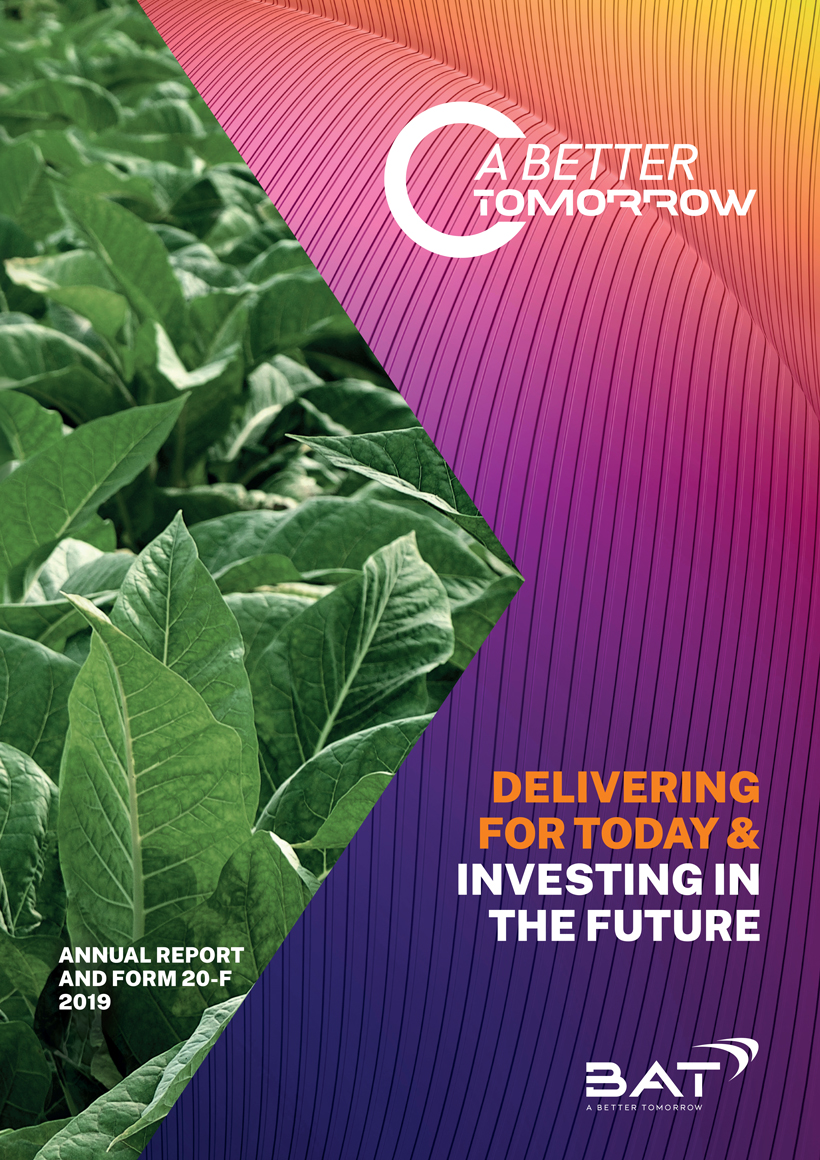


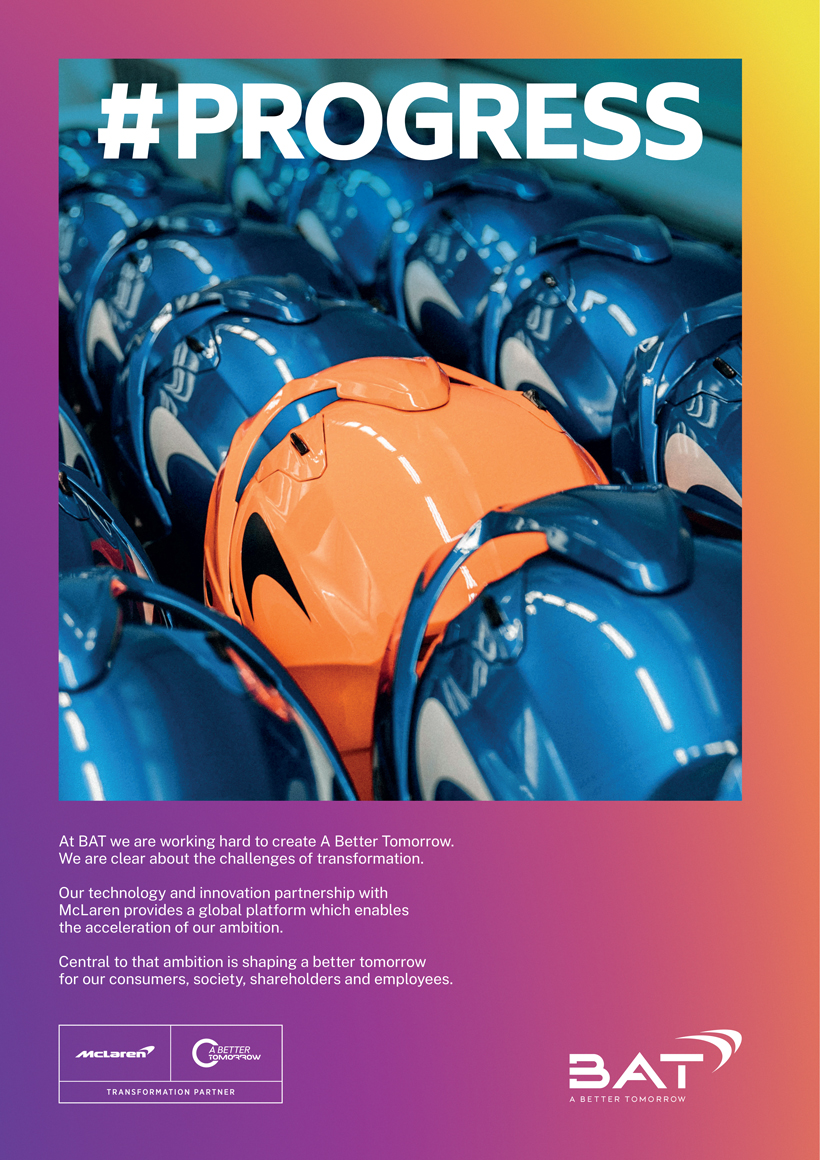
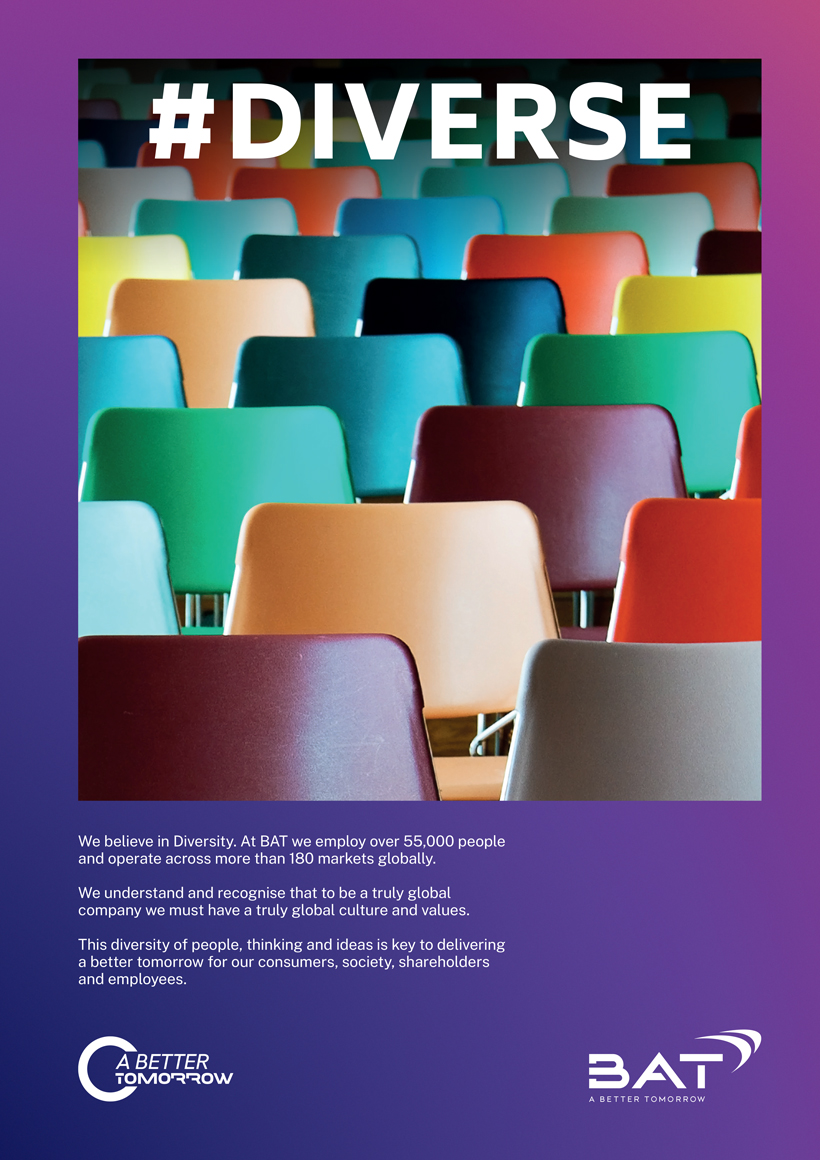
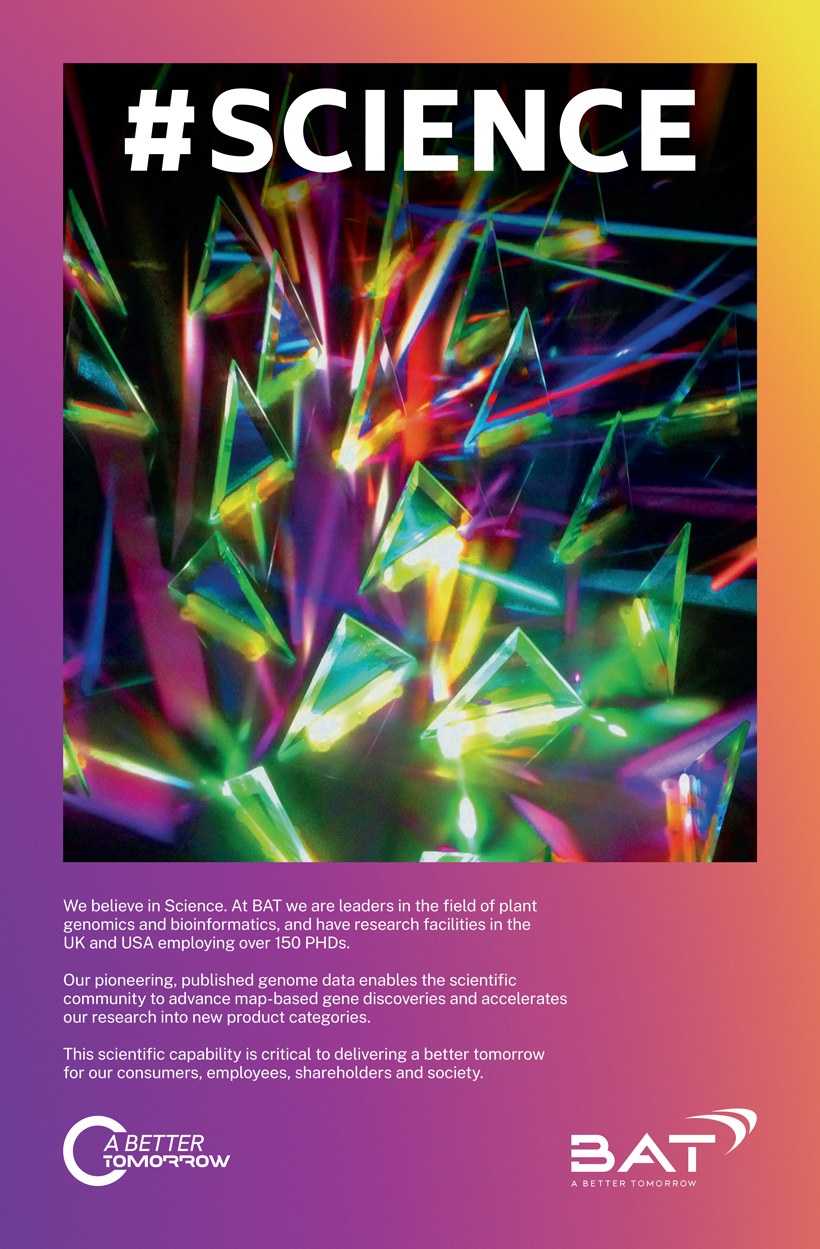




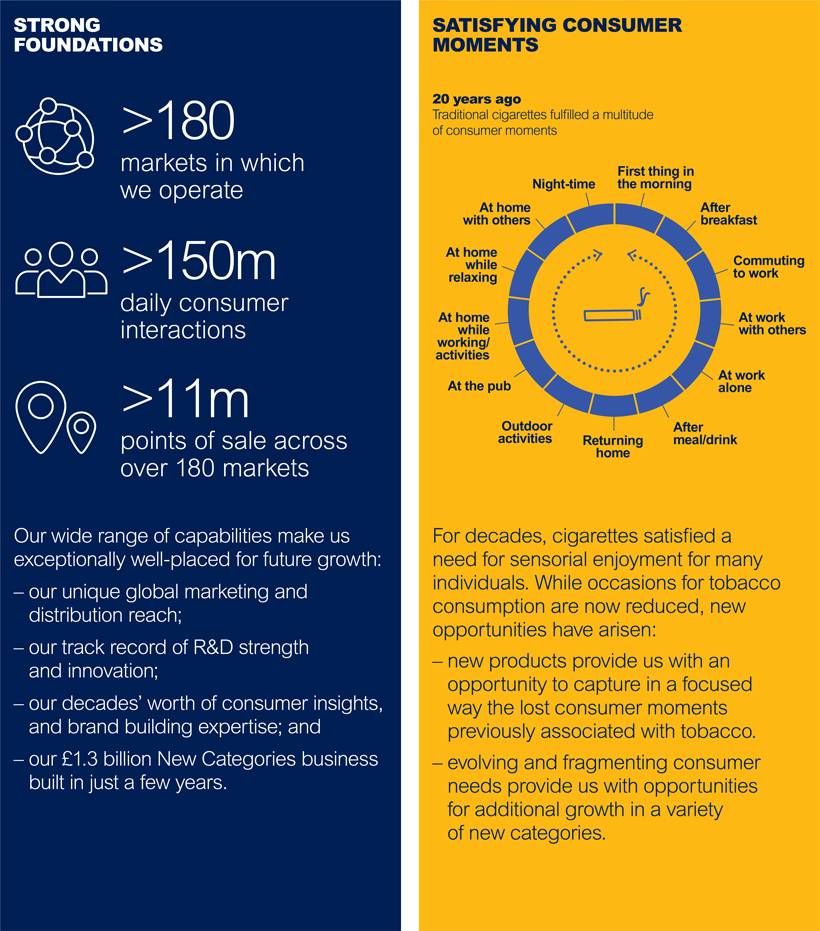
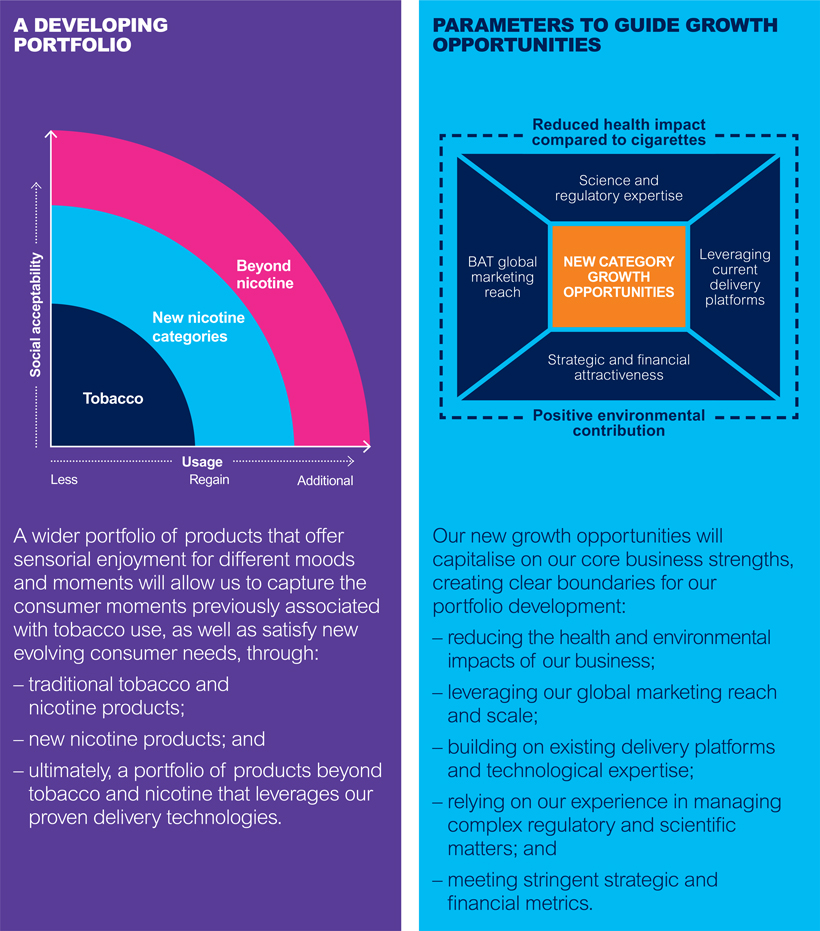







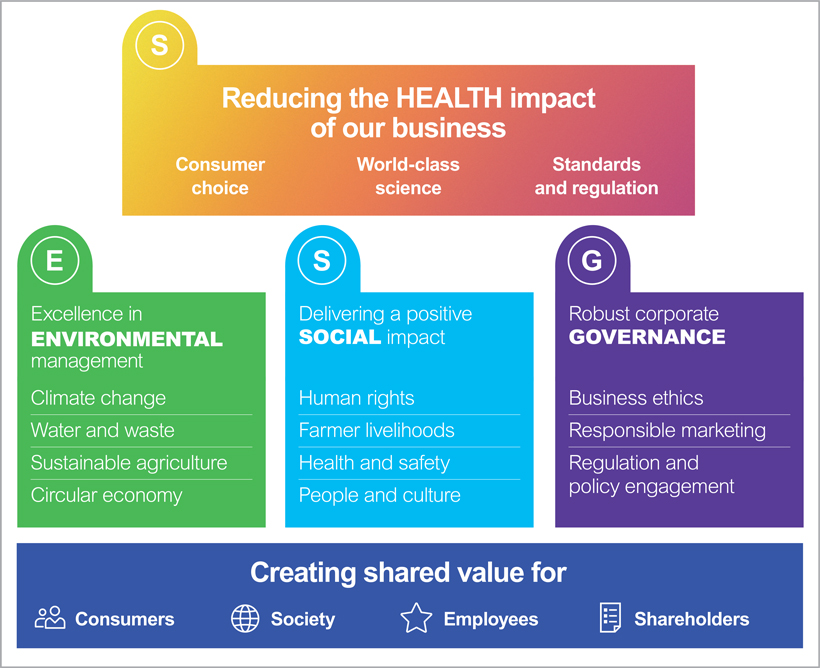







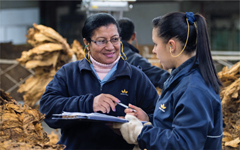







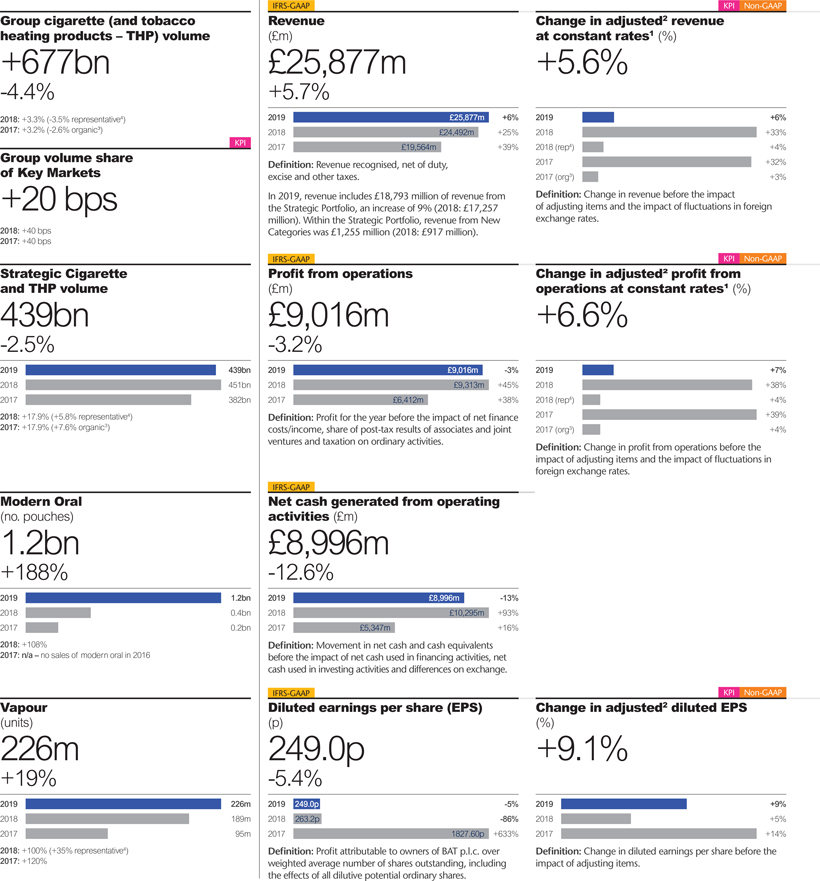
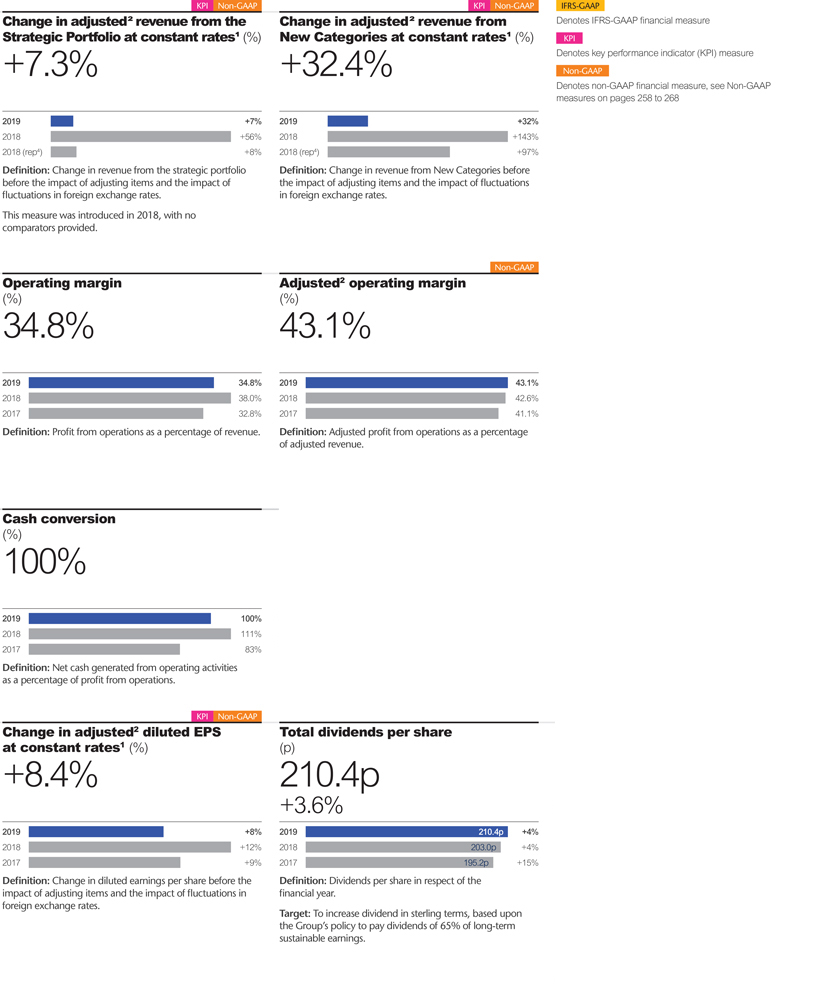

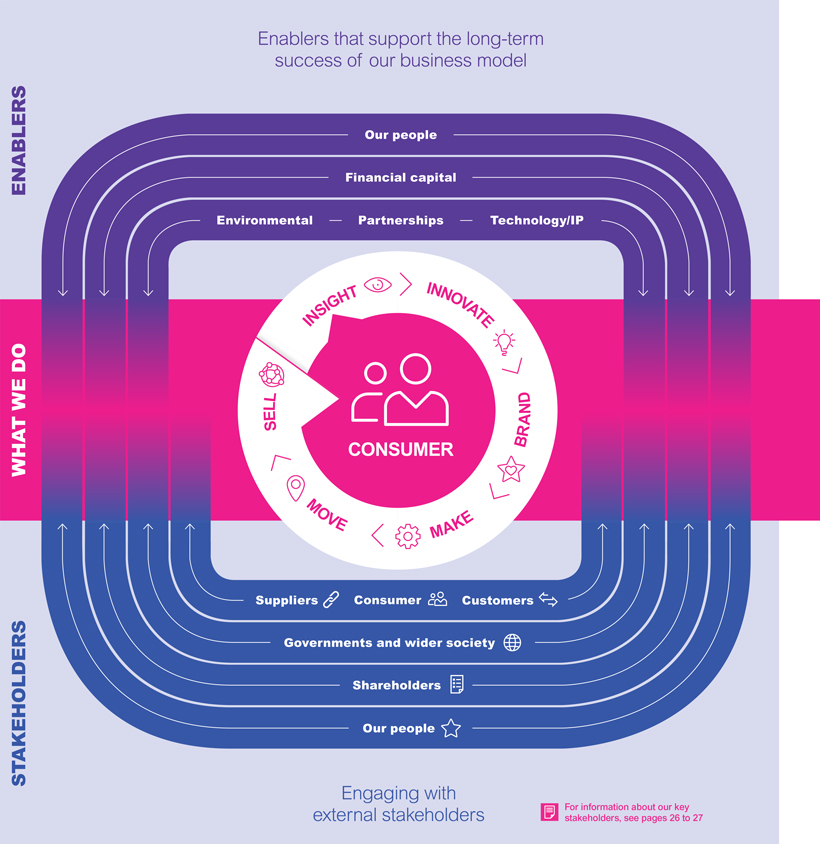
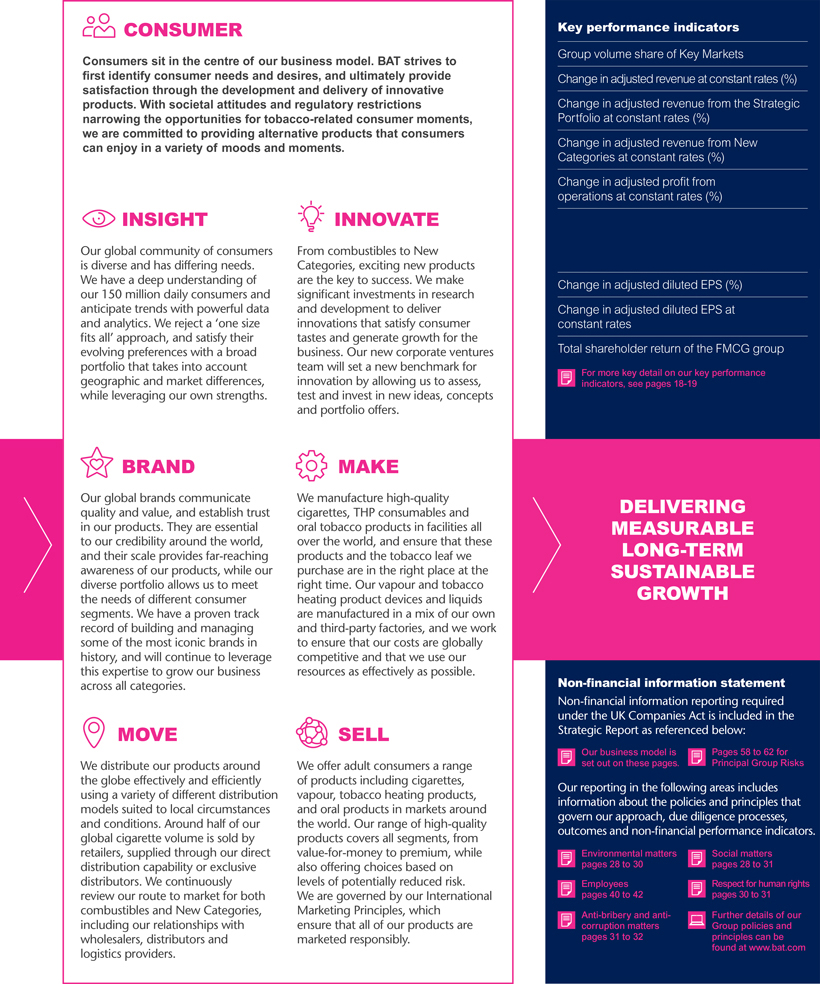
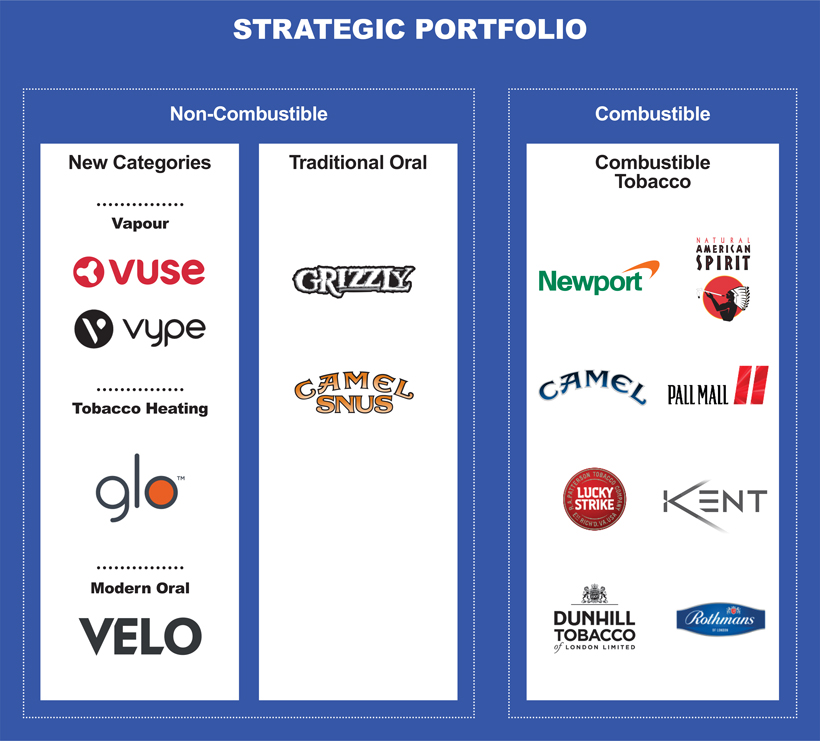
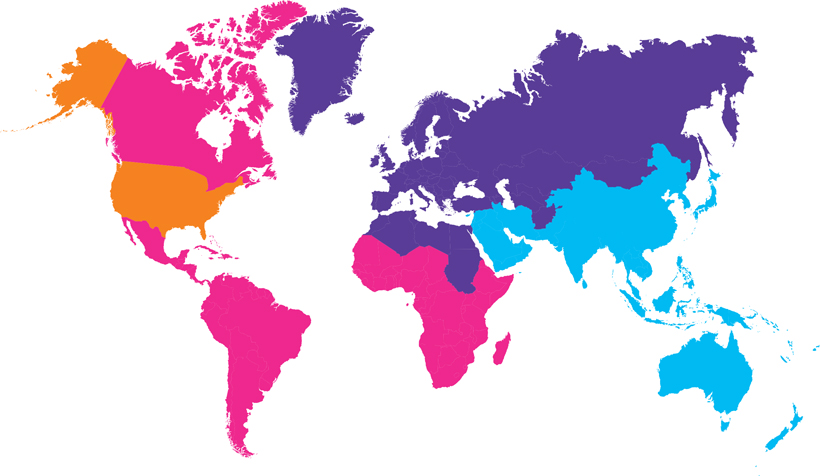


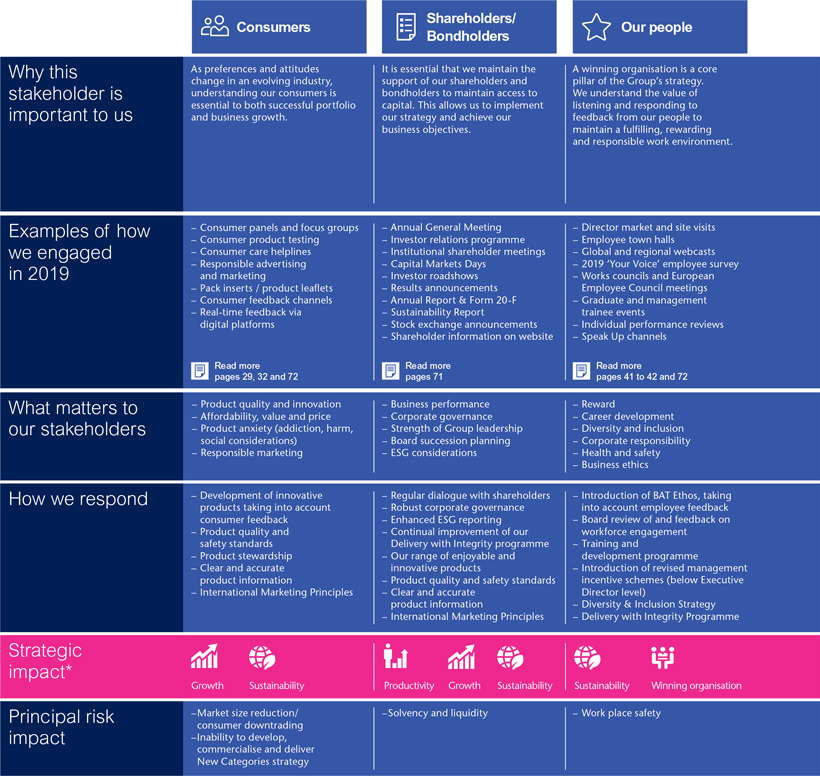
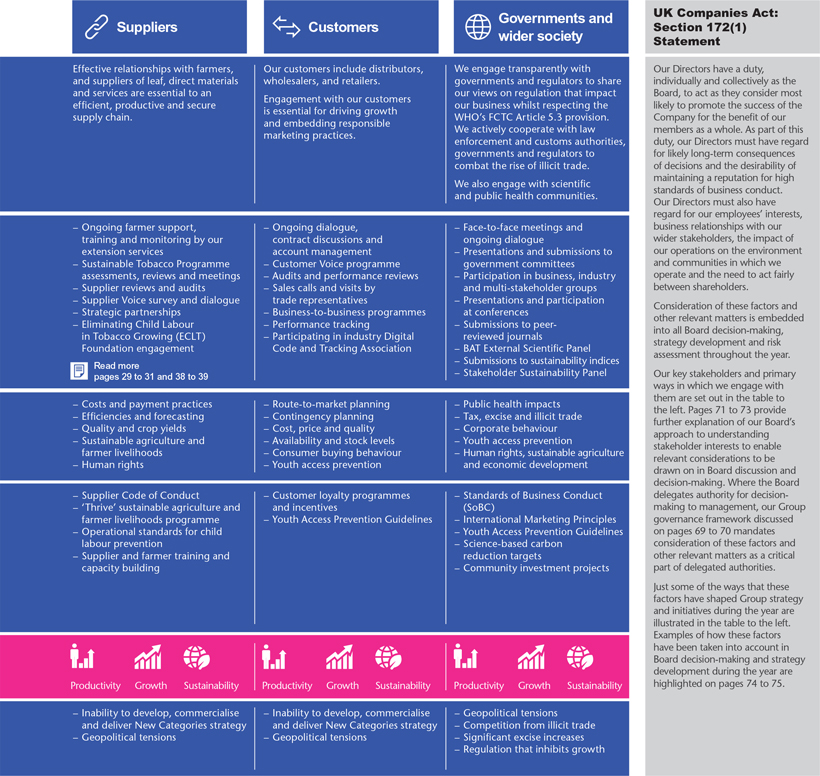














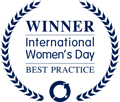

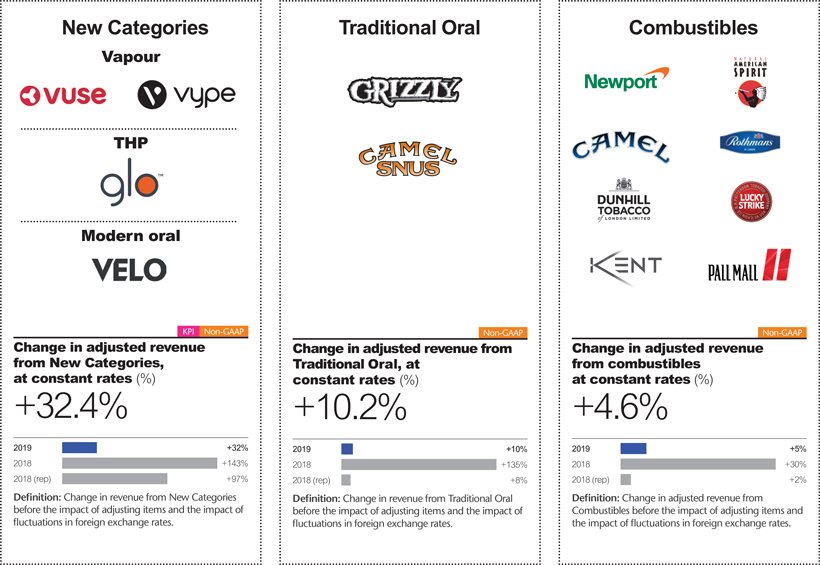


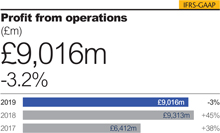
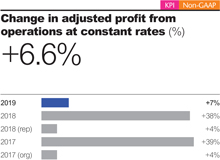
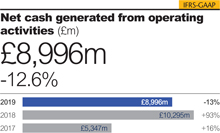
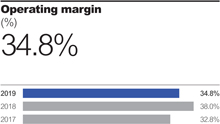
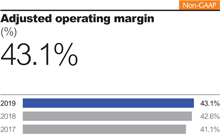

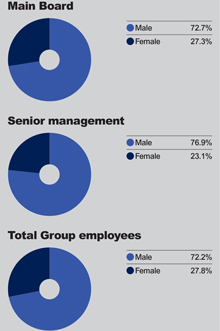
 Our People
Our People Suppliers
Suppliers Customers
Customers  Consumers
Consumers

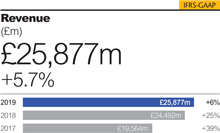
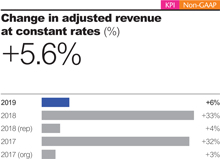
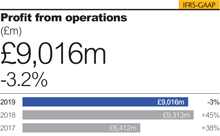
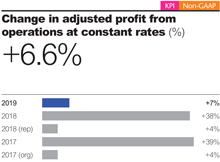
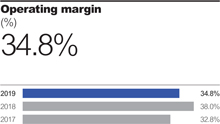

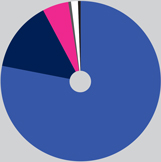
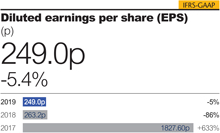
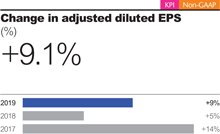
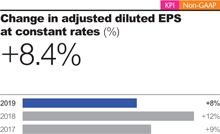
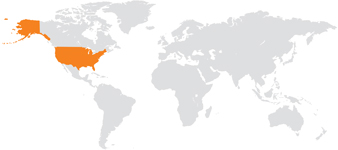
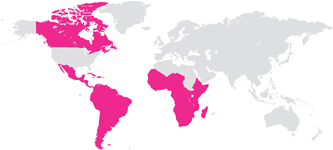
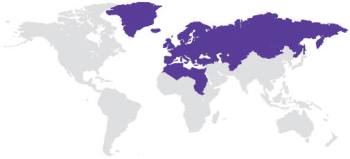
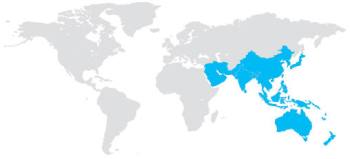











 page 69
page 69









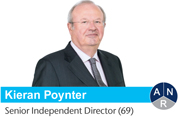
 Audit Committee
Audit Committee Nominations Committee
Nominations Committee Remuneration Committee
Remuneration Committee Committee Chairman
Committee Chairman Executive Director
Executive Director Non-Executive Director
Non-Executive Director











